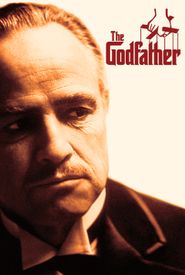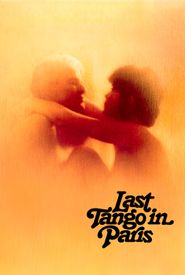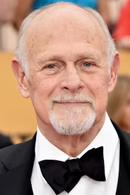Here is the requested response:
Marlon Brando, widely regarded as the greatest movie actor of all time, rivaled only by Laurence Olivier in terms of esteem. Unlike Olivier, who preferred the stage to the screen, Brando concentrated his talents on movies after leaving the Broadway stage in 1949. This decision was met with severe criticism when his star began to dim in the 1960s, and he was excoriated for squandering his talents.
Brando's influence on succeeding generations of actors was profound. He was the first actor to bring "The Method" into American consciousness and culture, a more naturalistic style of performing that engendered a close identification of the actor with the character's emotions. His iconic performances in "A Streetcar Named Desire" (1951),"Viva Zapata!" (1952),"Julius Caesar" (1953),and "On the Waterfront" (1954) revolutionized American acting, spawning imitators such as James Dean, Paul Newman, and Steve McQueen.
Brando's personal life was marked by turmoil, including his troubled relationship with his parents and his struggles with fame. He was known for his intense preparation and immersion into his roles, often staying in character even when the cameras were not rolling. This approach earned him a reputation for being a difficult actor to work with, but it also led to some of the most memorable performances in cinema history.
Despite his struggles with addiction and personal demons, Brando continued to work in film throughout his life, appearing in a wide range of roles, from the dramatic to the comedic. He won two Academy Awards for Best Actor, and was nominated for a total of eight Oscars. He was also a prominent advocate for Native American rights and social justice, and was a vocal critic of racism and colonialism.
In his later years, Brando's health began to decline, and he suffered from a range of ailments, including diabetes, hypertension, and lung cancer. He died on July 1, 2004, at the age of 80, leaving behind a legacy that continues to inspire and influence actors to this day.
































































































































